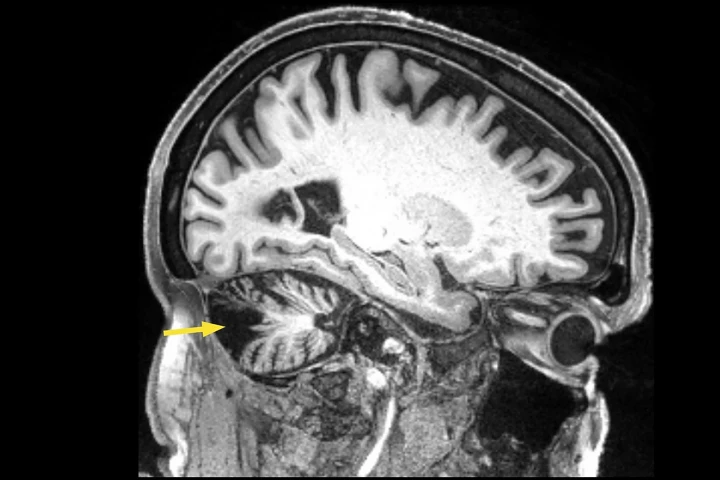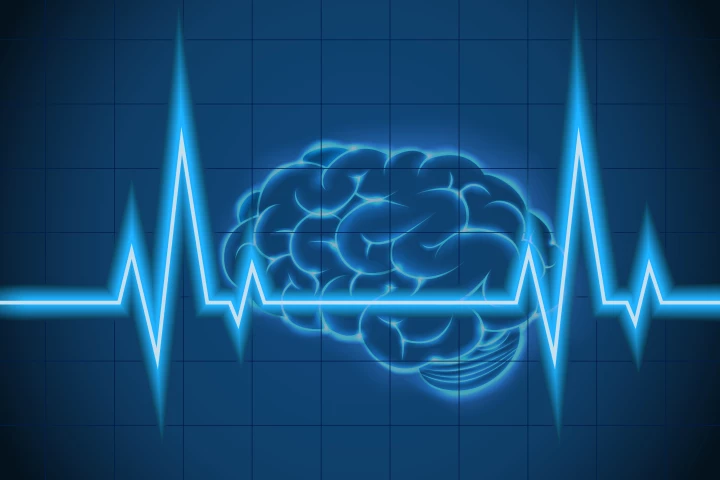Transcranial Magnetic Stimulation
-
Researchers have flipped the script on the usual approach to pain relief in a new study, demonstrating that a short course of non-invasive brain stimulation before a painful event such as surgery can prevent the development of chronic pain.
-
A team from Stanford has discovered a way to heighten hypnotic susceptibility. Using targeted neurostimulation the researchers have been able to amplify a person’s response to hypnosis, and the breakthrough could change the way therapy is administered.
-
Researchers used repetitive magnetic stimulation on the brain of a man who’d had a stroke 12 years ago, improving his walking speed, balance, and coordination. The innovative treatment offers hope to others affected by stroke, even years after.
-
Stanford scientists have found a biological mechanism behind severe depression, and treated it. Signals between two brain regions flow the wrong way in people with depression, but magnetic stimulation reverses them, drastically improving symptoms.
-
New research is shedding light on how specifically targeted pulses of magnetic stimulation to the brain can improve episodic memory. The work found inhibiting activity in the left dorsolateral prefrontal cortex enhances memory formation.
-
Stanford researchers optimized an FDA-approved form of non-invasive magnetic brain stimulation to better treat treatment-resistant depression. A preliminary study achieved a 90-percent remission rate, with larger trials underway.
-
Data presented at the International Stroke Conference suggests non-invasive magnetic brain stimulation can enhance brain activity in patients after stroke. It's hoped the device can speed up recovery and promote motor function in stroke survivors.
-
Researchers at Northwestern University have used a non-invasive form of magnetic brain stimulation to improve the memory of older adults. After just five short sessions the older adults scored as well as a younger cohort on a variety of memory tasks.
-
In a first-of-its-kind study a new kind of non-invasive electrical brain stimulation has been trialed in patients with major depression. The results show this new technique to be promising in reducing depressive symptoms, with larger trials set to explore this novel treatment in greater detail.
-
The internet has made it easy for groups to collaborate from pretty much anywhere, but this experimental brain-to-brain "social network" could be the beginning of a whole new ballgame.
-
A new study from the University of Waterloo has revealed that cravings for high-calorie foods can be increased by suppressing activity in a part of the brain responsible for self-control. The research offers key insights into how neurocognitive mechanisms can be modulated to alter food consumption.
-
A new study by a team of international researchers from the University of Pennsylvania and Nanyang Technological University is suggesting that electrically stimulating the prefrontal cortex can reduce the desire to carry out violent antisocial acts by over 50 percent.
Load More











